This course introduces the intellectual framework for augmented collective intelligence, from the invention of writing to the emergence of global multimedia networks, and, in parallel, introduces online practices that can extend the knowledge-gathering and sense-making capabilities of individuals and groups.
The digital media and networks billions use today were originally conceived as tools for augmenting human intellect and supporting collective intelligence in service of solving civilization-threatening problems. Although the dark sides of social media behavior, surveillance capitalism, and consumer culture have occluded the view of these original motivations, tools and techniques for using digital media to amplify minds and communities exist -- although methods for using them are not widely taught.
Get Started for FREE
Sign up with Facebook Sign up with X
I don't have a Facebook or a X account
 Your new post is loading... Your new post is loading...
 Your new post is loading... Your new post is loading...

Terry Yelmene's curator insight,
October 6, 2015 9:44 AM
Again, a meta-collaborative, or more appropriately cooperative work dynamic that builds successful k-work going forward

Terry Yelmene's curator insight,
October 6, 2015 9:39 AM
Meta-collaboration is best pursued by win-win "cooperative" methods and thinking - one of 8 bedrock foundations of k-work

Carine Garcia's curator insight,
June 16, 2014 4:44 AM
This book will introduce readers to many disciplinary perspectives on behavior that is bothcollective and intelligent. The goal of this edited volume is to help catalyze research in the field of collective intelligence by laying out a shared set of research challenges and methodological perspectives. 
Geemik's curator insight,
June 17, 2014 5:29 AM
"This book will introduce readers to many disciplinary perspectives on behavior that is both collective and intelligent. By collective, we mean groups of individual actors, including, for example, people, computational agents, and organizations. By intelligent, we mean that the collective behavior of the group exhibits characteristics such as, for example, perception, learning, judgment, or problem solving. "
Tannah Gravelis's curator insight,
August 22, 2014 4:20 AM
This article is an extremely good look into what the modern day era has created in terms of collective intelligence. The article comes from an extremely credible source, and is an extensive and comprehensive study into the topic. I\Of all the articles i have found, this is the one I would recommend to someone who wanted to gain a better understanding on the topic.
Rank = 1

luiy's curator insight,
February 10, 2014 8:49 AM
People work together well when the flexible framework of working groups accommodates their natural inclination to co-operate within the context of a big vision. They are a testament to our determination to stand up against disempowerment. We realise a greater autonomy when we work together in co-operative engagement inspired by our desire for freedom. This, to me, is the power of Working Groups. 
MyKLogica's curator insight,
February 18, 2014 2:05 PM
Cuando el fenómeno de la holacracia se extiende a la sociedad. 
Ali Anani's curator insight,
February 24, 2014 12:50 AM
Self-organizing or controlling? Which do you see fitter?

Inteligência coletiva's curator insight,
February 1, 2014 5:21 AM
Um Interessante artigo que estabelece algumas diferenças entre as dinamicas de interação e trabalho conjunto - cooperação e colaboração em rede.

Inteligência coletiva's curator insight,
December 16, 2013 5:58 AM
O autor apresenta um artigo interessante sobre os aspetos evolutivos da especie humana, mais especificamente o cerebro, que através da genese evolutiva, desenvolve a capacidade de se expandir para lá da mente individual. O "super cerebro" ou mente coletiva (Hoffecker) representa a capacidade adquirida exterirorizar as representações mentais mas também de funcionar cooperativamente.

Paz Barceló's curator insight,
November 18, 2013 6:18 AM
Sobre los límites de la inteligencia colectiva. 
luiy's curator insight,
November 18, 2013 9:06 AM
We examine whether collective intelligence helps achieve a neutral point of view (NPOV) using data from Wikipedia’s articles on US politics. Our null hypothesis builds on Linus’ Law, often expressed as “Given enough eyeballs, all bugs are shallow.” Our findings are consistent with a narrow interpretation of Linus’ Law, namely, a greater number of contributors to an article makes an article more neutral. No evidence supports a broad interpretation of Linus’ Law. Moreover, several empirical facts suggest the law does not shape many articles. The majority of articles receive little attention, and most articles change only mildly from their initial slant. Our study provides the first empirical evidence on the limit of collective intelligence. While many managers believe that they could improve their products by taking advantage of the wisdom of crowds, we show that in the case of Wikipedia, there are aspects such as NPOV that collective intelligence does not help achieve successfully. |

Anne-Marie Grandtner's curator insight,
February 9, 2014 1:55 PM
As a way to raise awareness on the help research can bring to solving important problems ?

Chad Gaffield's curator insight,
January 27, 2014 8:34 AM
The full blossoming of `citizen science` has a long history in the social sciences and humanities that is now becoming much more important thanks to enabling digital technologies. One major example is the ways in which genealogists and academic researchers have collaborated to study demographic change by using sources such as church parish registers to track births, marriages and deaths. The former paper methodology now involves sophisticated digitization, computation and visualization that underpins both academic research and global businesses such as Ancestry. Other examples include public participation in developing museum exhibits and scholarly editions of significant texts.

luiy's curator insight,
December 19, 2013 4:30 PM
The scientific revolution in the human sciences will culminate in collective intelligence, a common good which will throttle human development. In a recent book, Levy proposed a “loose IEML model” to monitor the coordination of human development. The axis of human development are defined by “education, health, sustainable economic prosperity, security, human rights, conservation and enrichment of cultural heritage, environmental balance, scientific and technical innovation” which are in accordance with the United Nations Development Program, Levy assures me. I wondered whether a metalanguage which positions itself functionally as neutral (as opposed to Berners Lee universal ontology) should contain assumptions on how western democratic society is structured to which Levy partly agrees that any metalanguage can’t be neutral:
There can be a lot of disagreements about the right ways or methods to improve human development. IEML, as a universal semantic code, can accomodate any method. Above all, IEML provides a common semantic sphere where all disciplines of human sciences can compare their theories and methods and can coordinate their findings at the service of human development. (…) Now, you can say: “Okay, but what if I am against improving health and education because these are western values and / or it has been used to justify western imperialism”. My response is: “It’s up to you!” In general, I do not think that any theory or metalangage can be neutral. Every act, being practical or theoretical, occurs in a hypercomplex context and has an effect on this context. I do not claim any impossible neutrality or objectivity. The objection “you’re not neutral” is besides the point. I have a very precise goal. My aim is to improve human development, collective intelligence and knowledge management in the humanities. 
Patricia Soumarmon's curator insight,
December 22, 2013 7:50 AM
Levy... ou la difficulté d'être (trop) en avance sur son temps...

Terre Tulsiak's curator insight,
December 15, 2013 10:47 PM
Good concept but like meetup- what about those serial signer-uppers that don't show? You have to make an event seem VIP to get certain demographic to attend.

Inteligência coletiva's curator insight,
December 23, 2013 5:39 PM
As plataformas Wiki permitem desenvolver trabalho colaborativo integrando multiplos participantes pois permitem ao professor/administrador ter a noção do contributo de cada participante, promover discussões e eventos. São uma ferramenta eficaz tanto para utilizadores dos média sociais, comunidades de aprendizagem, como ao nível da Educação formal, presencial ou a distância. É o exemplo duma ferramenta com multiplas funcionalidades, que se coaduna com a promoção do processo de inteligência coletiva. |





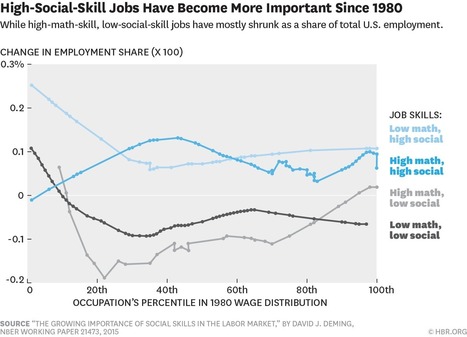


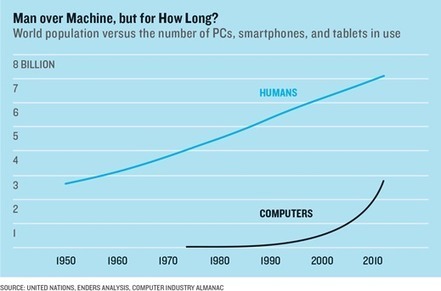
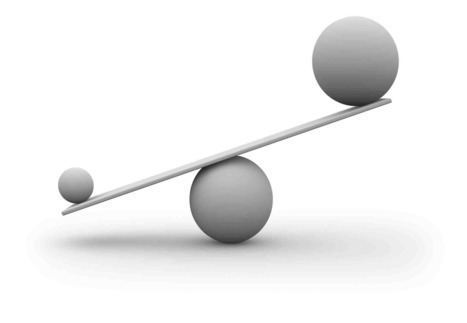
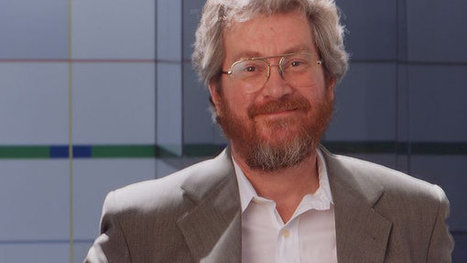
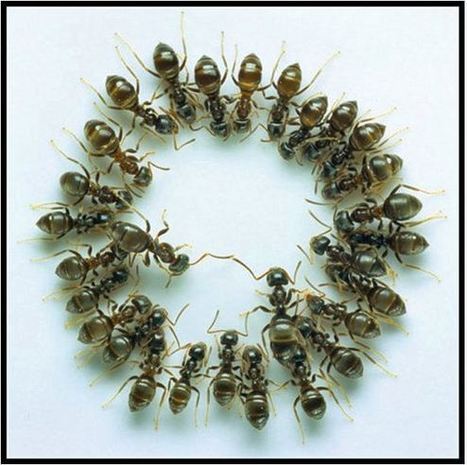
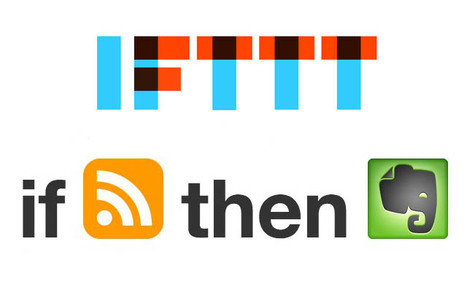
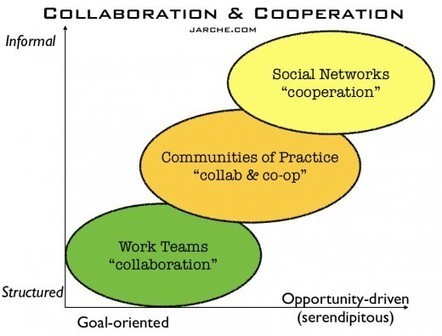
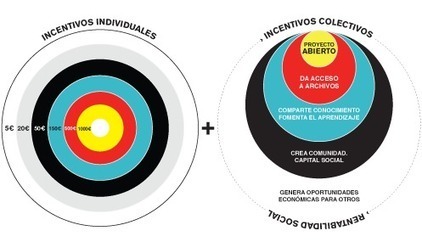
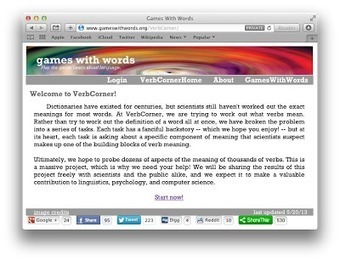
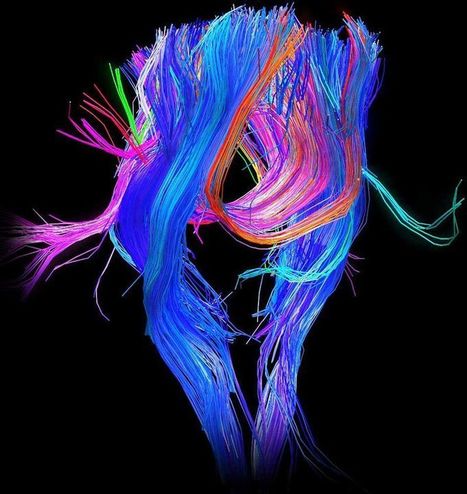
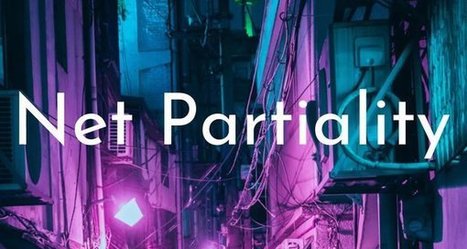
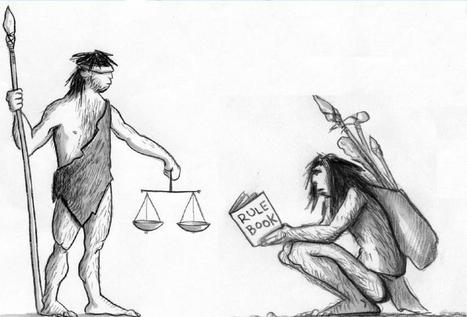
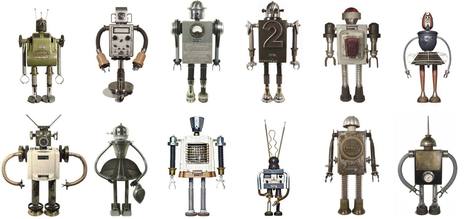





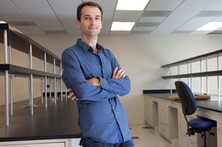


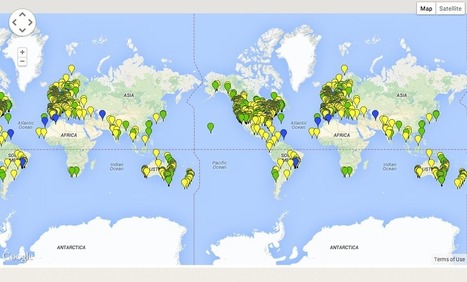
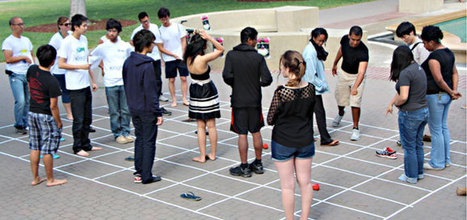







Tools for groups to exercise their collective intelligence abound. This course introduces the use of social bookmarking & curation tools as collective intelligence methods -- along with a foundational knowledge of intellectual augmentation.